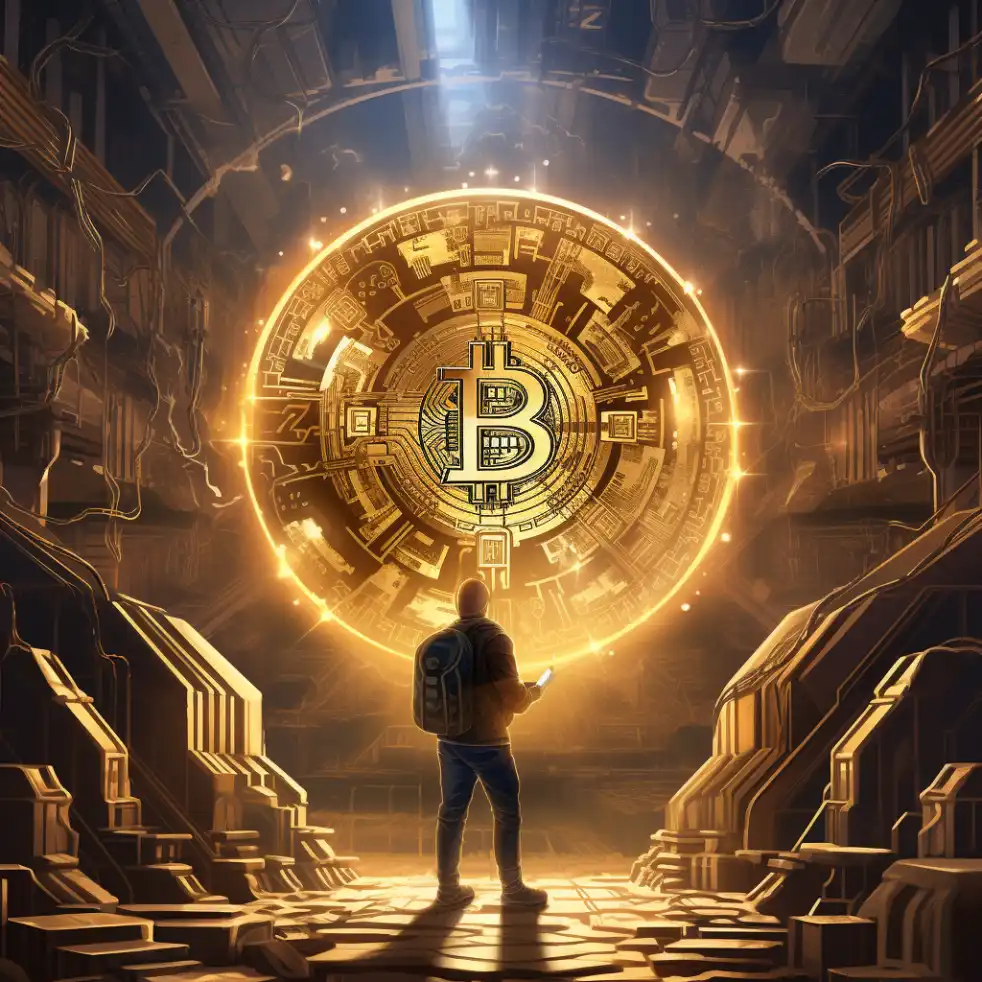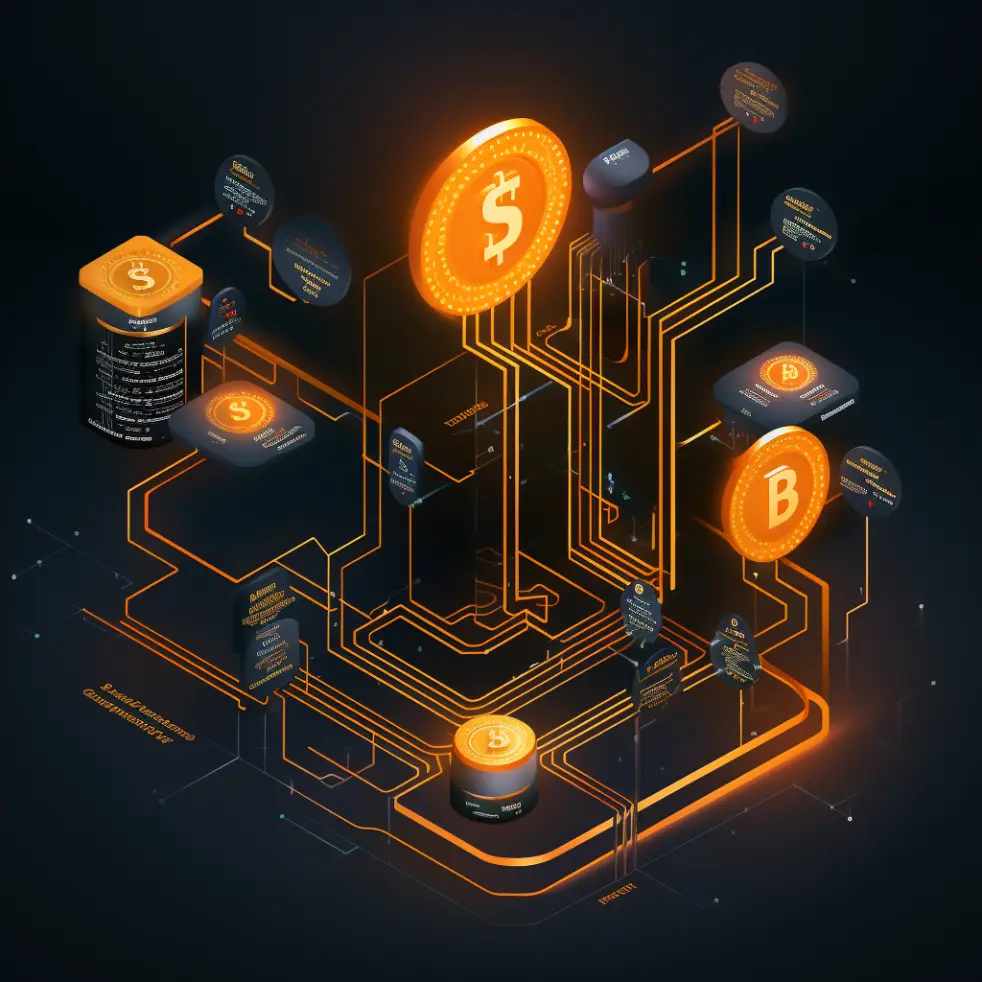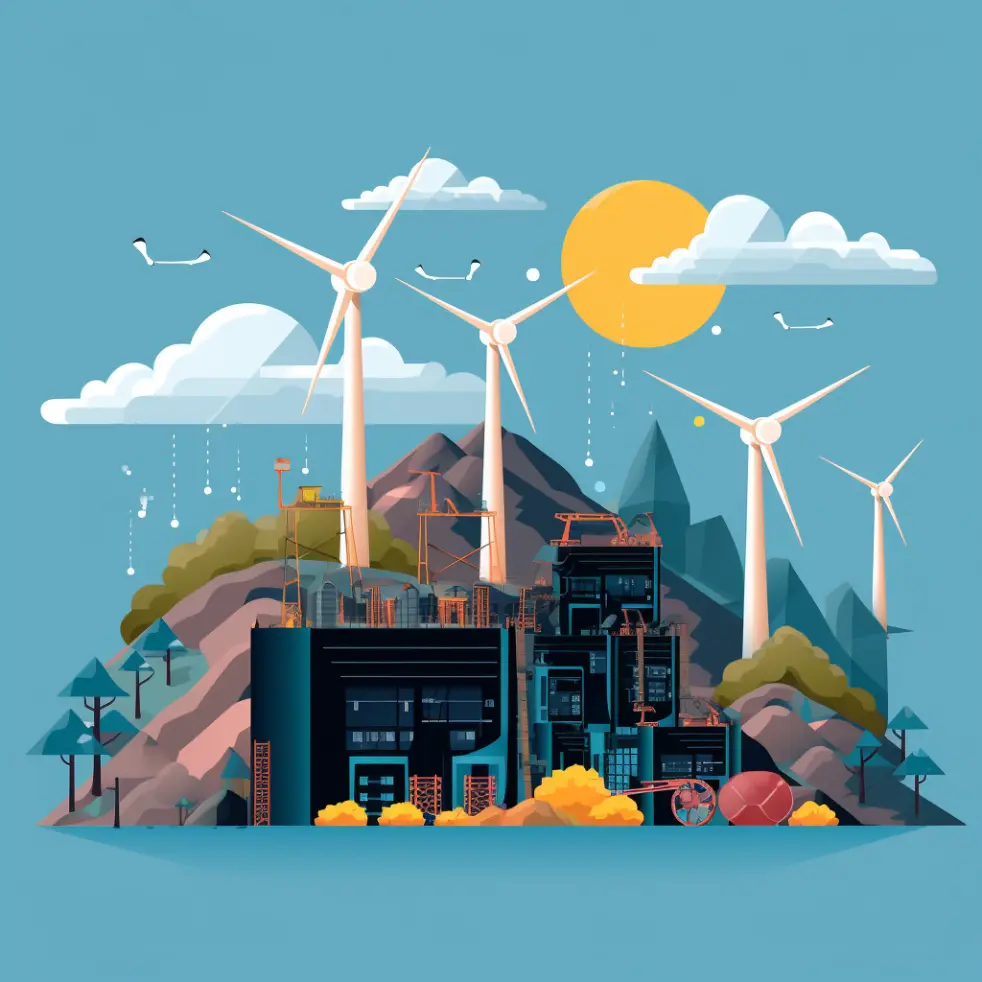

- Technology & Development
Bitcoin Mining: Unmasking the Truth Behind the Digital Gold Rush
-
By Irmin Corona
- English
- Read Time 2 min
Bitcoin, the revolutionary decentralized digital currency, has taken the world by storm since its inception in 2009. With its massive growth in value over the years, it has become both an attractive investment and a popular topic of discussion among financial enthusiasts. One of the key elements behind Bitcoin’s success is this intricate process. This article will delve deep into its complex nature, unmasking the truth behind the digital gold rush.
The Basics of Bitcoin Mining
What is Bitcoin Mining?
Bitcoin mining involves generating new Bitcoins and securing/verifying blockchain transactions. It consists in using specialized hardware and software to solve complex mathematical problems. Miners compete to solve the issues and receive newly minted Bitcoins as a reward for being the first to solve it.
Economic Incentives Behind Mining
One might wonder why anyone would go through such an intricate process to mine Bitcoins. The answer lies in the economic incentives. Miners are rewarded with a set amount of Bitcoins, while users can pay transaction fees to prioritize their transactions.

The Digital Gold Rush
Evolution of Mining Hardware
The mining process may seem straightforward, but intense competition and a quest for profitability lie underneath the surface. During the initial period of Bitcoin, mining was achievable through a standard personal computer. However, with the rise of ASICs (Application-Specific Integrated Circuits), the landscape changed drastically, triggering a digital gold rush.
The Rise in Mining Difficulty
With more miners joining the network, competition and mining difficulty grew exponentially, leading to a rush to acquire the best mining tools.

The Truth about Energy Consumption
Bitcoin Mining vs. Traditional Banking
One of the major concerns surrounding Bitcoin mining is its environmental impact. Despite valid concerns, bitcoin mining presents an efficient alternative to the energy consumption of traditional banking systems.
Embracing Renewable Energy
Bitcoin miners increasingly use renewable energy sources to reduce their carbon footprint and promote sustainability.

The Future of Bitcoin Mining
Opportunities in Pool and Cloud Mining
As Bitcoin continues to gain traction, the future of mining seems promising. Despite challenges, avenues like pool and cloud mining offer opportunities even to those without the resources to mine independently.
Innovations in Mining Hardware
Continuous technological advancements in mining tools provide a competitive edge to those who stay updated.

Conclusion
In conclusion, despite its challenges, mining is essential to the functionality of blockchain. With the advancement of sustainable methods, the future of Bitcoin mining looks bright.
Disclaimer
The article provides information for informational purposes only, not financial or investment advice
Related Posts


